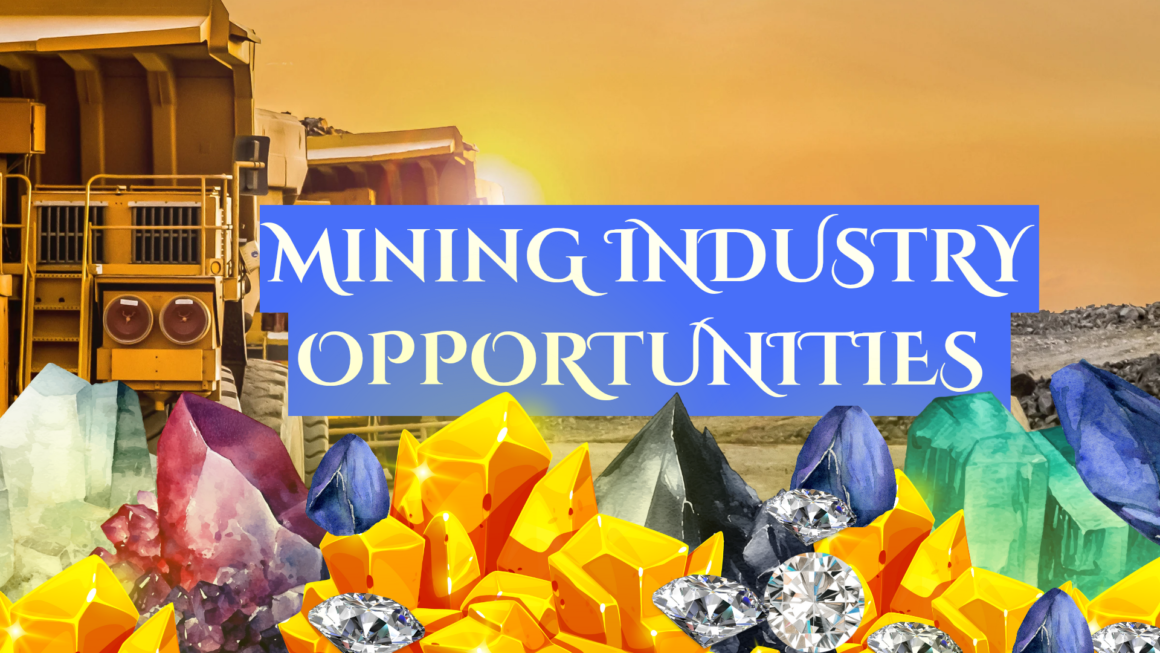Why Mining Companies Should Invest in Tanzania’s Future: The Case for Supporting the Dar es Salaam Aquarium, Planetarium, and Mini Mineral Museum
By Renae Bruce-Miller
Dar es Salaam, Tanzania — The mining industry is at a crossroads. As the global demand for minerals surges, so does scrutiny over the environmental and social impacts of mining operations. Companies like Geita Gold Mining Limited, State Mining Corporation, North Mara Gold Mining Limited, Pangea Minerals Limited, and Tanzania Portland Cement are vital contributors to Tanzania’s economy, but their long-term success depends on sustainable practices and community engagement.
Investing in the Dar es Salaam Aquarium, Planetarium, and Mini Mineral Museum offers mining companies a unique opportunity to demonstrate their commitment to sustainability, corporate social responsibility (CSR), and environmental conservation. More than just a philanthropic effort, this initiative aligns with their business interests, enhances community relations, and serves as a visible testament to their dedication to sustainability.
A Vision for Sustainability and Education
The Dar es Salaam Aquarium and Planetarium will serve as a world-class center for marine conservation, climate research, and environmental education, attracting tourists, scientists, and students. The Mini Mineral Museum, housed within this complex, will highlight Tanzania’s rich geological history, showcasing the country’s gold, tanzanite, and rare minerals while promoting responsible mining.
By supporting this project, mining companies can actively contribute to:
- Public awareness of Tanzania’s mineral wealth and its role in sustainable development.
- Educational initiatives that inspire young scientists and promote careers in geology and environmental science.
- Biodiversity conservation by offsetting the ecological footprint of mining operations through mangrove restoration, marine protection, and carbon sequestration.
Carbon Offsets and Green Investments
Mining is an energy-intensive industry with a significant carbon footprint. Companies looking to offset their environmental impact have an opportunity to do so through this initiative. Supporting the Dar es Salaam Aquarium Foundation can provide several pathways for carbon offsetting:
- Solar Power Contributions: Mining companies can help fund the installation of solar panels to power the Aquarium and Museum, reducing reliance on fossil fuels and promoting green energy.
- Reforestation and Mangrove Restoration: Restoring Tanzania’s coastal mangroves, which absorb four times more carbon than rainforests, provides an effective way to offset emissions.
- Sustainable Construction: Donating cement, sand, and other building materials ensures the facility is built with eco-friendly resources, reducing its environmental footprint while giving mining companies naming rights within the Mini Mineral Museum.
Enhancing Corporate Social Responsibility (CSR)
CSR is no longer optional—it is an expectation. Mining companies that actively engage in CSR initiatives build trust, improve their public image, and secure long-term operational stability. By funding this project, they can:
- Enhance relationships with local communities through education, job creation, and sustainable tourism initiatives.
- Promote Tanzania’s mining sector through interactive museum exhibits that educate the public about responsible mining practices.
- Support workforce development by sponsoring scholarships, geology training programs, and scientific research.
A strong educational partnership between mining companies and the Aquarium will demonstrate a long-term commitment to Tanzania’s economic and environmental future.
Mining Giants Already Investing in Sustainability
Many major mining firms have already committed to environmental and community-driven initiatives, proving that corporate responsibility is a growing industry standard. Here are some examples:
- Barrick Gold (North Mara and Bulyanhulu Mines): Invested millions in community development projects, including water access, education, and reforestation.
- AngloGold Ashanti (Geita Gold Mine): Supports local infrastructure projects and sustainable economic development initiatives.
- Tanzania Portland Cement (Twiga Cement): Focuses on alternative fuels and emissions reduction, aligning with global sustainability goals.
By contributing to the Dar es Salaam Aquarium and Mini Mineral Museum, these companies can further solidify their legacy as leaders in sustainability while educating the public about responsible mining.
The Business Case for Conservation
Investing in conservation projects like the Dar es Salaam Aquarium and Mini Mineral Museum is not just about goodwill—it’s a strategic business decision. Mining companies that prioritize environmental and educational initiatives gain:
- Stronger government relations and favorable policies.
- Enhanced brand reputation among investors and the global market.
- A competitive edge in sustainability reporting and ESG (Environmental, Social, and Governance) compliance.
By funding green projects, mining companies can mitigate risks associated with climate change, regulatory scrutiny, and public opposition.
A Call to Action for Mining Industry Leaders
It’s time for Geita Gold Mining, North Mara Gold Mining, Pangea Minerals, Tanzania Portland Cement, and the State Mining Corporation to step up. The Dar es Salaam Aquarium, Planetarium, and Mini Mineral Museum is a one-of-a-kind project that aligns with their CSR goals, promotes responsible mining, and offsets their environmental impact.
By investing in solar energy, mangrove restoration, and sustainable construction materials, mining companies can leave a lasting environmental and educational legacy. The world is watching—will Tanzania’s mining giants take the lead in shaping a greener future?
The time to act is now..

